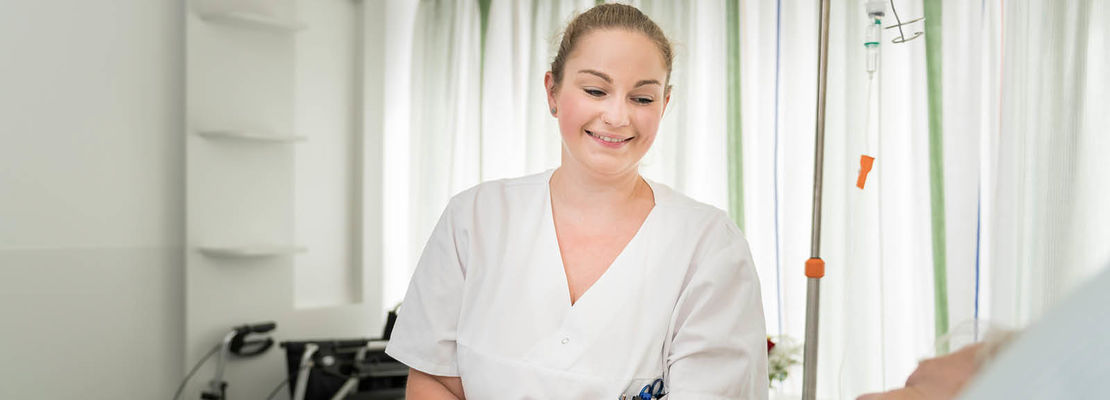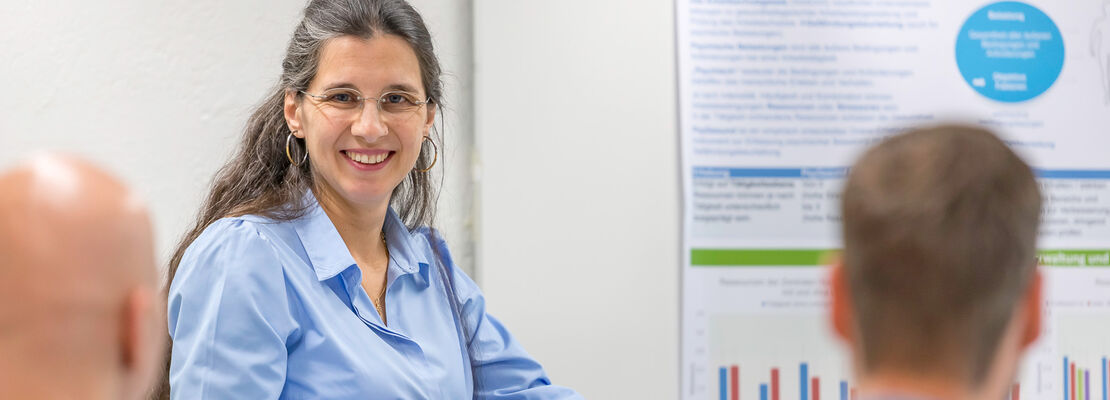The high-affinity receptor for IgE (FcγRI) is crucial for the IgE/antigen-triggered allergic activation of mast cells. This activation follows a so-called bell-shaped dose-response curve with weak induction of pro-inflammatory effector functions (e.g. degranulation and cytokine production) in response to low (sub-optimal) and high (supra-optimal) antigen concentrations. Particularly upon supra-optimal stimulation, mast cell effector responses are down-regulated by inhibitory molecules like the SH2-containing inositol-5′-phosphatase SHIP1 and the SRC-family-kinase LYN. To identify further molecules involved in a negative regulatory signalosome, we used phospho-specific mass spectrometry to screen for proteins showing the same pattern of tyrosine phosphorylation as SHIP1, which is tyrosine-phosphorylated strongest upon supra-optimal antigen stimulation. The low-affinity IgG receptor, FcγRIIB, was found to be most strongly phosphorylated under supra-optimal conditions (Gast et al. (2018) Frontiers in Immunology 9:1937; doi.org/10.3389/fimmu.2018.01937). This phosphorylation is the consequence of passive, antigen/IgE-dependent and progressive co-localization of FcγRI and FcγRIIB, which is not dependent on IgG. Upon supra-optimal FcγRI cross-linking, FcγRIIB phosphorylation is executed by LYN and protected from dephosphorylation by SHIP1. Analysis of FcγRIIB-deficient mast cells revealed that absence of FcγRIIB significantly diminished the level of SHIP1 phosphorylation and resulted in augmented Ca2+ mobilization. Our data establish the LYN/FcγRIIB/SHIP1 signalosome in the context of FcγRI activation, particularly at supra-optimal Ag concentrations. Careful functional analysis of further proteins identified in our mass spectrometry screen will enable us a deeper insight into the negative regulation of FcγRI signaling and offer possibilities to pinpoint novel target structures for pharmacological intervention.
Unexpected IgG-independent tyrosine phosphorylation of the inhibitory IgG receptor FcγRIIB in antigen/allergen-activated mast cells

© Freepik
Für Presserückfragen wenden Sie sich bitte an:
Uniklinik RWTH Aachen
Stabsstelle Unternehmenskommunikation
Dr. Mathias Brandstädter
Tel. 0241 80-89893
kommunikationukaachende














